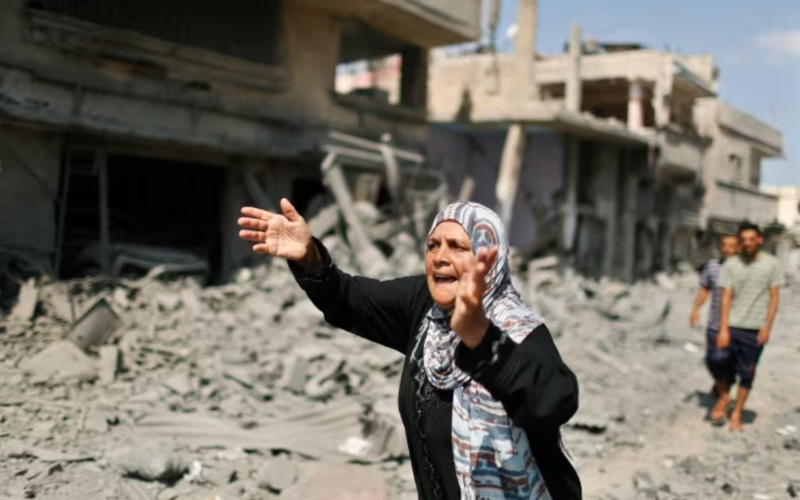In a significant diplomatic move, Saudi Foreign Minister Prince Faisal bin Farhan asserted on Wednesday that a mere truce between Hamas and Israel in Gaza is insufficient, emphasizing the imperative need for a comprehensive ceasefire. Speaking to reporters at the United Nations, Prince Faisal stated, “So we are here to make a clear statement that a truce is not enough. What is needed is a ceasefire.”
Highlighting the gravity of the situation, Prince Faisal underlined the importance of establishing a credible and lasting peace that allows both Palestinians and Israelis to coexist peacefully in two separate states. He cautioned that any alternative approach would only perpetuate the crisis in the region.
The Saudi foreign minister expressed the kingdom’s unwavering commitment to supporting the rights of the Palestinian people, firmly stating, “Saudi Arabia will not support any parties trying to force Palestinians out of their homeland.” He categorically rejected any attempts to coerce or encourage Palestinians to leave their land, emphasizing their right to live in safety, security, and dignity on their own soil.
Prince Faisal’s remarks come amid ongoing tensions in the Middle East and international efforts to address the longstanding Israeli-Palestinian conflict. The call for a ceasefire resonates with the broader goal of fostering stability in the region and creating an environment conducive to peaceful coexistence.
Saudi Arabia’s stance reflects a commitment to diplomatic solutions and underscores the importance of addressing the root causes of the conflict. The rejection of forced displacement aligns with international principles of human rights and self-determination, signaling the kingdom’s dedication to advocating for a just and equitable resolution to the protracted crisis.
As diplomatic efforts intensify, the international community will be closely watching how various stakeholders respond to Saudi Arabia’s call for a comprehensive ceasefire. The push for enduring peace remains a complex challenge, requiring coordinated efforts and diplomatic initiatives to ensure a sustainable resolution that accommodates the rights and aspirations of all parties involved.








